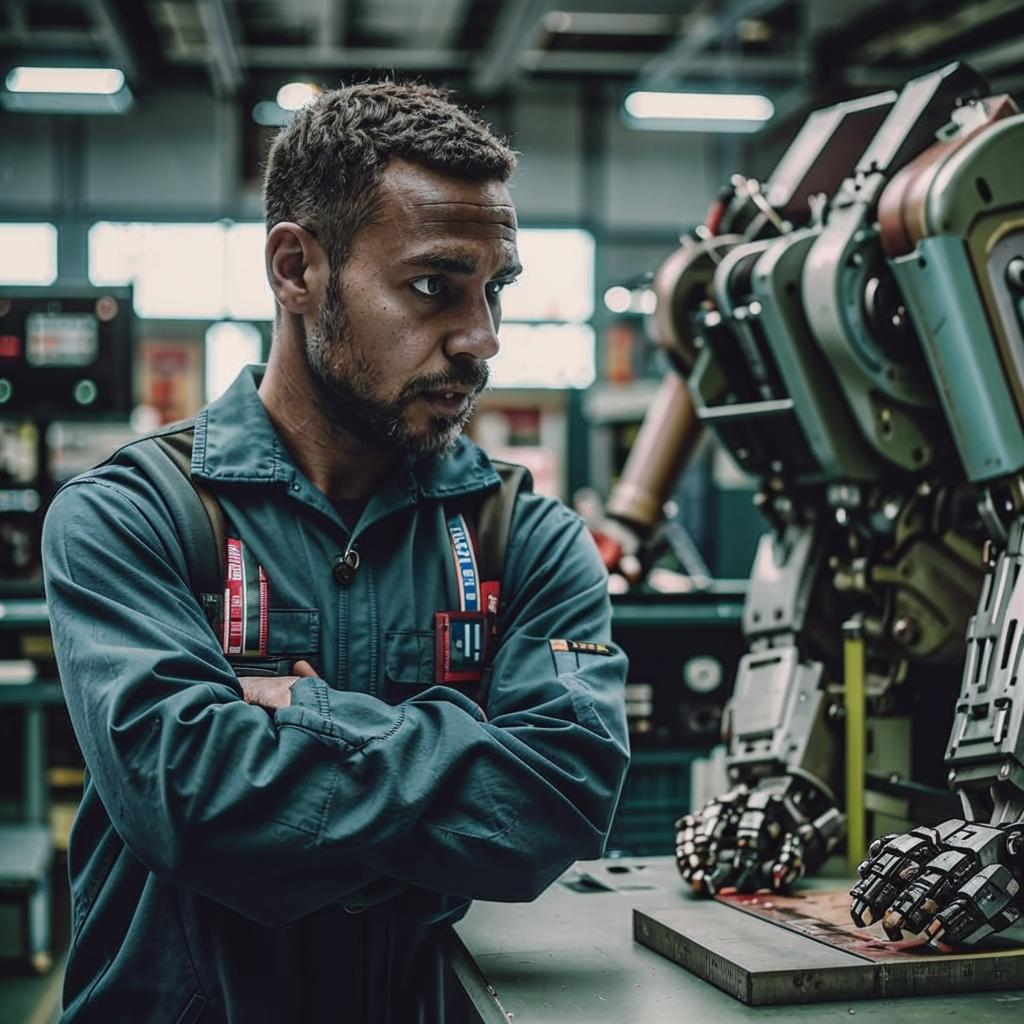The rapid advancement of artificial intelligence (AI) is causing significant anxiety about its potential impact on employment across various sectors. While AI promises increased efficiency and productivity, it also raises concerns about widespread job displacement. Studies suggest that millions of jobs could be automated within the next decade, affecting both blue-collar and white-collar professions.
Several factors contribute to this apprehension. AI-powered systems are becoming increasingly capable of performing tasks that previously required human intelligence, such as data analysis, customer service, and even creative content generation. This capability leads companies to explore ways to automate operations, reducing labor costs and increasing profit margins. However, this transition can leave many workers unemployed or facing the need to acquire new skills to remain competitive.
The impact of AI on the job market is not uniform. Some industries, like manufacturing and transportation, are more vulnerable to automation. Conversely, sectors that require uniquely human skills, such as critical thinking, emotional intelligence, and complex problem-solving, may see less disruption. It’s crucial for individuals and governments to adapt to this change through education and retraining programs.
To mitigate the negative consequences of AI-driven job displacement, policy makers and businesses need to collaborate. Investing in workforce development initiatives that equip workers with the skills needed to thrive in the new economy is vital. Emphasis should be placed on STEM fields, data analysis, and human-centered skills that are difficult to automate. Additionally, governments can consider policies such as universal basic income or expanded social safety nets to support workers who are displaced.
Navigating the changing work landscape requires a proactive approach. Individuals should embrace lifelong learning, seek out opportunities for skill development, and explore new career paths that leverage human capabilities alongside AI. It’s a pivotal moment to reimagine the future of work and ensure that the benefits of AI are shared broadly, creating a more inclusive and prosperous society for all.















